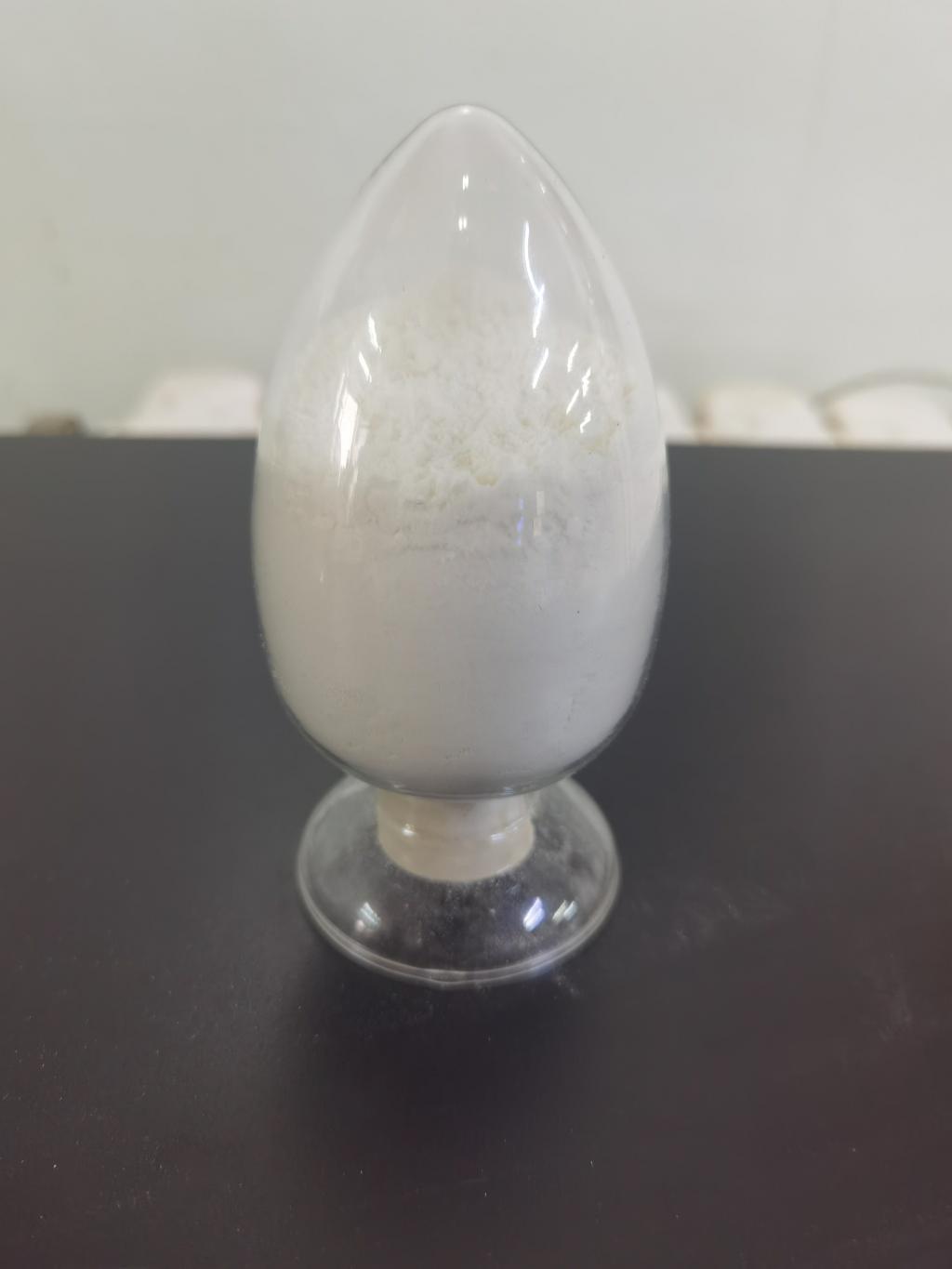Tel:+8618231198596

News
 CONTACT
CONTACT
 CONTACT
CONTACT
- Linkman:Linda Yao
- Tel: +8618231198596
- Email:linda.yao@dcpharma.cn
- Linkman:CHARLES.WANG
- Department:Overseas
- Tel: 0086 0311-85537378 0086 0311-85539701
News
Current Position:
Home >
News
>ε-Polylysine Hydrochloride's Collaborative Contributions to Global Food Security.
ε-Polylysine Hydrochloride's Collaborative Contributions to Global Food Security.
TIME:2023-09-25
Global Food Security: An Ongoing Challenge
Ensuring global food security is a multifaceted challenge influenced by several key factors:
Population Growth: The world's population continues to grow, increasing the demand for food resources.
Climate Change: Erratic weather patterns, droughts, and extreme events impact crop yields and food production.
Resource Scarcity: Limited access to arable land and freshwater resources hinders food production.
Food Waste: Substantial amounts of food are wasted throughout the supply chain, exacerbating issues of scarcity and sustainability.
Food Safety: Ensuring that food products are safe for consumption is a critical component of food security.
Sustainability: Sustainable food production practices are essential to preserve natural resources for future generations.
ε-Polylysine hydrochloride, a naturally occurring antimicrobial compound, has gained recognition for its ability to address many of these challenges.
ε-Polylysine Hydrochloride: A Natural Antimicrobial Agent
ε-Polylysine hydrochloride is a cationic polymer produced by certain strains of soil bacteria. It has been widely used in the food industry as a preservative and antimicrobial agent. Its properties and benefits make it a valuable collaborator in enhancing global food security.
Mechanism of Action
ε-Polylysine hydrochloride's antimicrobial activity is primarily attributed to its ability to disrupt the cell membranes of microorganisms. It forms complexes with negatively charged molecules on the microbial cell surface, leading to membrane destabilization, leakage of cellular contents, and ultimately cell death. This mechanism of action makes it effective against a broad spectrum of microorganisms, including bacteria and fungi.
Collaborative Contributions to Global Food Security
ε-Polylysine hydrochloride plays a collaborative role in enhancing global food security through various applications:
1. Food Preservation
One of the primary applications of ε-polylysine hydrochloride is in food preservation. It effectively inhibits the growth of spoilage microorganisms, extending the shelf life of various food products. This is especially important in regions where access to refrigeration and advanced food storage facilities is limited, as it helps reduce food waste and ensures the availability of safe food.
2. Pathogen Control
ε-Polylysine hydrochloride's antimicrobial properties also make it valuable for controlling foodborne pathogens. It can be used to reduce the risk of foodborne illnesses by inhibiting the growth of harmful bacteria, such as Salmonella and Escherichia coli, in food products.
3. Reducing Food Waste
Food waste is a significant contributor to global food insecurity and resource depletion. By extending the shelf life of food products, ε-polylysine hydrochloride helps reduce food waste at various points along the supply chain, from production to consumption.
4. Sustainable Agriculture
ε-Polylysine hydrochloride can also contribute to sustainable agriculture. By reducing the need for synthetic chemical preservatives and pesticides, it promotes more environmentally friendly and sustainable food production practices.
5. Safe Food Transportation
During transportation and distribution, food products are exposed to various environmental conditions that can compromise their safety. ε-Polylysine hydrochloride can be applied to food packaging materials to prevent the growth of spoilage microorganisms and pathogens, ensuring that food products remain safe for consumption during transit.
6. Enhancing Nutrient Retention
In addition to preserving the safety of food products, ε-polylysine hydrochloride can also help maintain their nutritional value. By extending shelf life and reducing the need for excessive processing, it contributes to the preservation of essential nutrients in food.
Challenges and Considerations
While ε-polylysine hydrochloride offers numerous benefits in enhancing global food security, there are some challenges and considerations:
1. Regulatory Compliance
The use of ε-polylysine hydrochloride in food products must comply with regulatory guidelines in different regions. Manufacturers must ensure that their products meet safety standards and labeling requirements.
2. Consumer Perception
Consumer awareness and perception of food additives and preservatives can influence acceptance. Educating consumers about the safety and benefits of ε-polylysine hydrochloride in food preservation is essential.
3. Sustainable Sourcing
The environmental impact of sourcing ε-polylysine hydrochloride-producing bacteria and the sustainability of production methods should be considered to ensure that its use aligns with broader sustainability goals.
Conclusion
Global food security is a complex and evolving challenge that demands innovative solutions. ε-Polylysine hydrochloride, a naturally derived antimicrobial agent, has emerged as a valuable collaborator in addressing various facets of global food security. Its ability to enhance food preservation, safety, and sustainability contributes to the availability of safe and nutritious food for a growing global population. While regulatory compliance, consumer perception, and sustainable sourcing are important considerations, the collaborative role of ε-polylysine hydrochloride in enhancing global food security cannot be overstated. As we continue to navigate the complexities of the global food system, ε-polylysine hydrochloride stands as a valuable partner in safeguarding food availability and safety for current and future generations.
- Tel:+8618231198596
- Whatsapp:18231198596
- Chat With Skype







